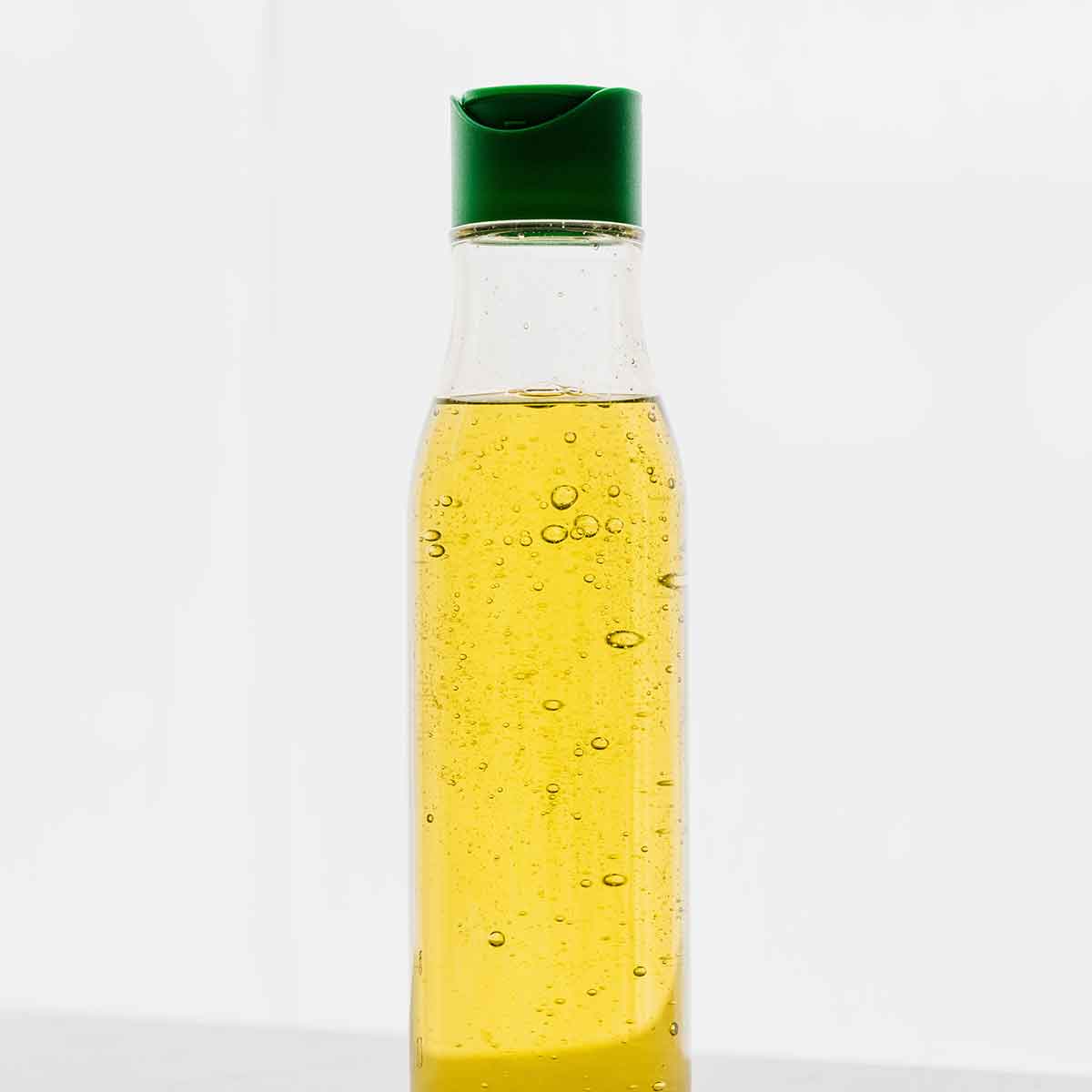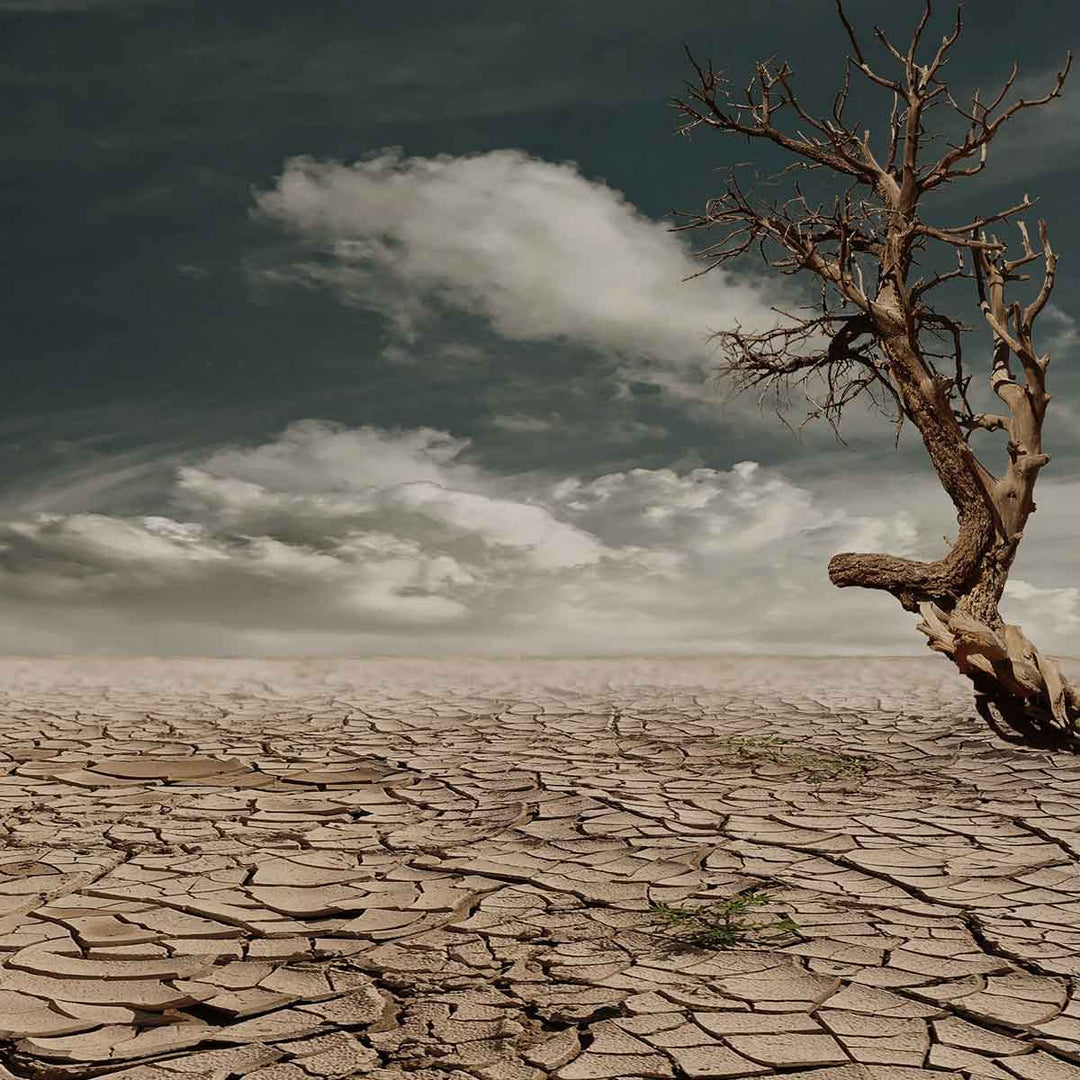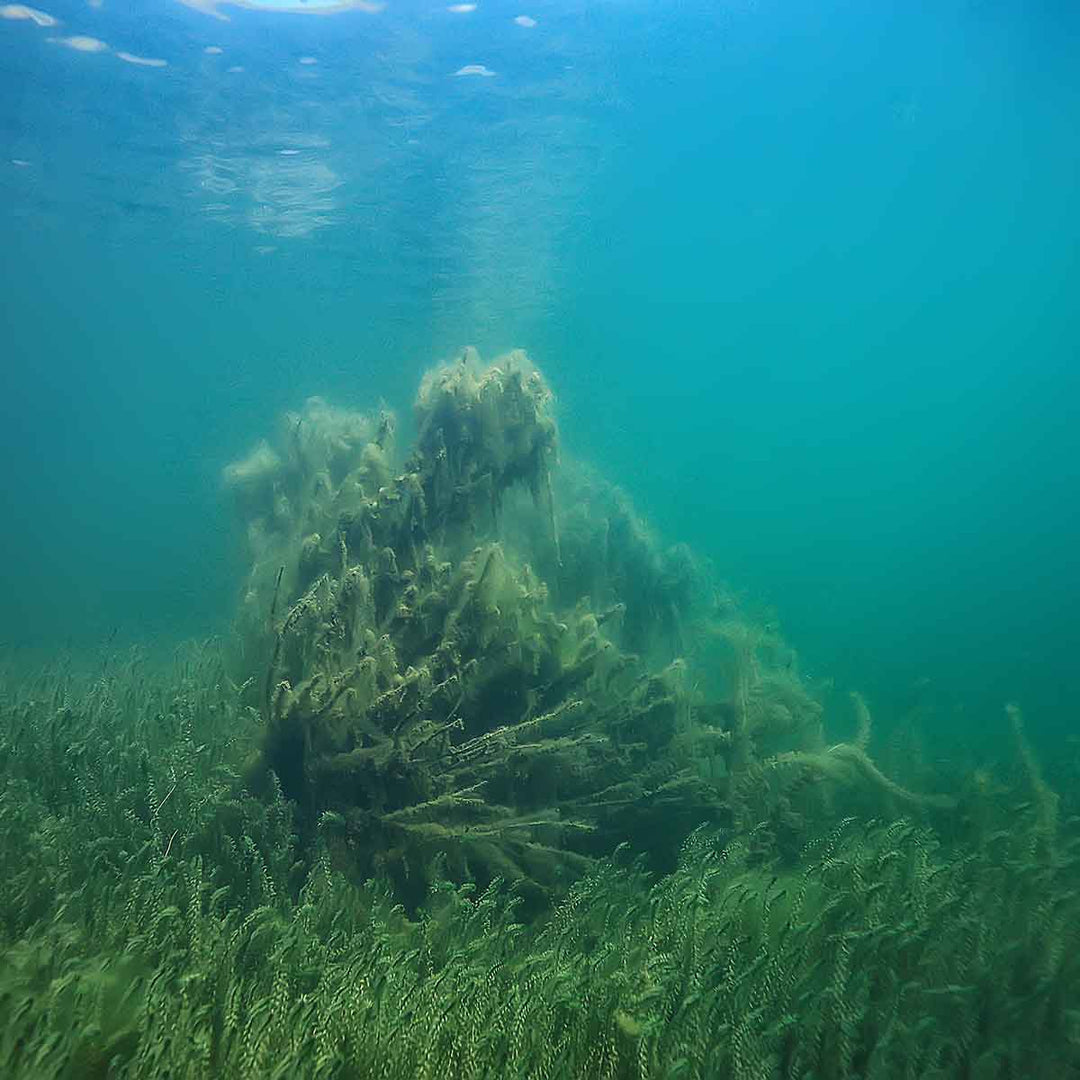What is Waste Oil? Which Oils are Waste Oil?
Vegetable oils are a must for every meal. The reason for this name is the plant seeds such as hazelnut, olive, cotton, palm, canola, corn, sunflower and soybean seeds used in the production of oil. These products, also known as oilseeds, are made ready for industrial and home use through many processes. These oils, which are often included in packaged foods, are used in kitchens for roasting and frying. These products, also known as liquid oils, cannot be reused because they reach boiling point very quickly. Oils that are used several times become unusable again when dirt and metals are mixed into their chemical structure. These products, which are extremely harmful for health, bring the question "What are waste oils?". Waste vegetable oils, which are thought to generate 350 thousand tons every year and whose direct consumption is no longer possible, occur both after production and use. The oily soil produced during the refining phase of production is classified as waste. In addition, vegetable oils used for frying and sedimented vegetable oils are also called waste. Waste vegetable oil is classified as an unusable foodstuff that loses its function after being used several times. With its bitter taste as well as its harmful structure, waste oil is not a food product that can be thrown directly into the garbage like other products. In fact, one of the biggest causes of fires in garbage collection centers is this waste oil. In addition, waste oils poured into the sink after use pose a threat to our water resources. Waste oils reach gigantic dimensions not only in consumption but also in production. These waste oils from factories pose a great danger to living life if they are mixed into nature. For this reason, many methods are determined to eliminate these oils with the regulations updated every year in the industrial field. In fact, even small individual measures are of great importance to completely eliminate the damages of oils on soil and water. In order to leave a livable world for the next generations, do not forget to collect the waste oils in a bottle. And then to the right oil collection centers!
What is Vegetable Waste Oil?
Vegetable oils are among the most suitable products for home use. These products, which have an indispensable place in all cooking processes, unfortunately do not last long. Although vegetable oil does not burn, it can create carcinogenic substances as it boils for a long time. Vegetable oils used repeatedly, especially in the fast food sector, start to give signals by deteriorating in terms of color and taste over time. It is recommended not to reuse this oil, which is contaminated with chemicals even in one go. Oil that is too contaminated to be used once again is called vegetable waste oil. Vegetable waste oils are divided into 5 types according to the reasons for their occurrence:
Soap Stock, from vegetable oil refinery.
Tank bottom deposits accumulate in tank systems where vegetable oil is stored.
Oily soils are formed during the refining of vegetable oils.
Oils from grease traps originate from the filtration systems of production plants.
Used or expired cooking oil from households and all eating and drinking establishments.

What are the Environmental Hazards of Waste Oils?
Waste oils are one of the biggest causes of environmental pollution, even though they remain in the background compared to other factors. This waste, which is directly mixed into the soil and resources, threatens living life deeply. When frying oils are poured into the garbage or sink, they have extremely difficult consequences. Waste oil is one of the products that should not be poured directly into the garbage or sink due to its environmental hazards. These oils, which should be collected, should be disposed of in appropriate facilities if they cannot be recycled. In fact, there are regulations that require the waste generated by refining to be disposed of without being stored anywhere. The same applies to oils from home kitchens. We have explained the harms of waste oils in a few articles for you:
Waste vegetable oils are the biggest source of water pollution. Oil that mixes directly with water accumulates on the surface because its density is lower. This oil, which literally forms a layer, prevents oxygen from passing to the bottom of the water. Thus, water and living things that cannot breathe begin to die slowly.
Waste oils are one of the biggest causes of the mucilage that took Istanbul's breath away in 2021. Wastes that prevent the substrate from receiving oxygen also pollute the air with the toxic and malodorous gases they emit.
Oil poured down the sink directly reaches the sea and rivers. Moreover, pollution in water is dangerous not only for fish, but also for the surrounding vegetation and other animals. In addition, when oil-contaminated water is used in agriculture, it poses a great danger to human life and can also cause the soil to become infertile.
Waste vegetable oil in the garbage is one of the biggest causes of fires that are thought to be unprovoked.
Waste vegetable oil in the garbage causes pollution of underground resources and soil, which are the guarantee of the future.
Waste oils also cause narrowing and clogging of drain installations.
With all these damages, the question "Can waste oils be recycled?" gains great importance. Unusable oils can be recycled and used in different areas depending on their type and density. However, pouring these oils into the garbage or sink eliminates this possibility radically. If you want to take a step to make use of used oils again, you can collect them in bottles and deliver them to collection vehicles or centers.
Where Should Used Oils Be Dumped?
The best answer to the question "How can waste oils be utilized?" is to collect and recycle them. In order to leave a livable world to future generations, it is necessary to adopt the habit of utilizing waste. Waste oils, which account for 25% of water pollution, have a direct impact on soil, air, water and living life. In addition to their immediate effects such as fires, the way of utilization of these products, which pollute the entire environment over time, is also determined by law. There is precise information on where used oils can or cannot be poured for the environment and human health. According to the Regulation on the Control of Vegetable Waste Oils, it is strictly forbidden to pour used oils into sewers, sinks and garbage. The same law prohibits the mixing of these oils with edible, crude and mineral oils, as well as the use of used oils as fuel. Oil used as fuel in motorized systems without any treatment can cause ignition. Instead, used oils can be recycled to make them harmless and efficient.

Why is Waste Oil Recycling Important?
Recycling is one of the most effective solutions for a livable world. This method, which radically solves the problem of waste generation, also brings unused products back to the market. Recycling, which opens new production lines in this way, makes it possible to get efficiency from used oils again. If you are wondering "Why is it necessary to recycle waste oils?", you should examine the damages these oils cause to the environment. These extremely hazardous used oils can be collected and recycled according to regulations specific to each area. So, how can we get the most out of oils that have already been used and turned into a carcinogenic product? There are actually many fun and fascinating ways to do this. If you ask "What are waste oils made of?", the first example we can give is biodiesel! Biodiesel, as the name suggests, is a form of energy. This energy, which is 50% less harmful to the ozone layer than ordinary diesel fuel, is used by mixing it with petroleum. The answer to the question "How to recycle waste oil?" is soap bars. Recycled waste oil, which is the raw material for most soap manufacturers, can also be used at home. You can make healthy and fragrant soaps at home with waste frying oil.
And if you are looking for a healthy and enviromentally friendly towel, check out out collection!













